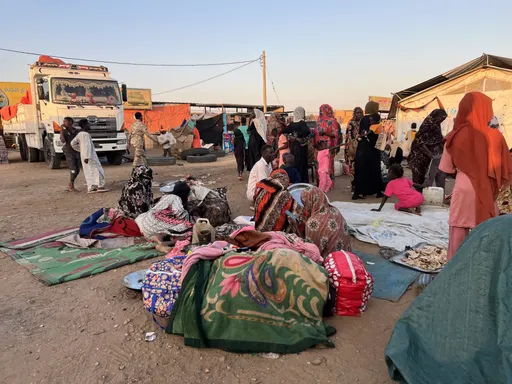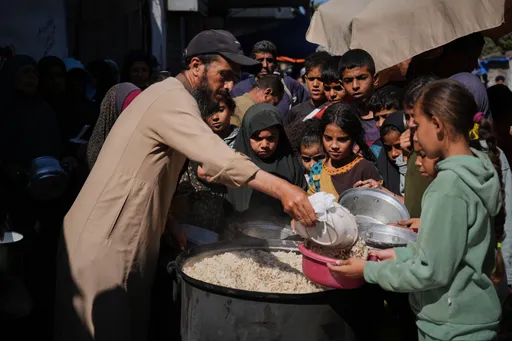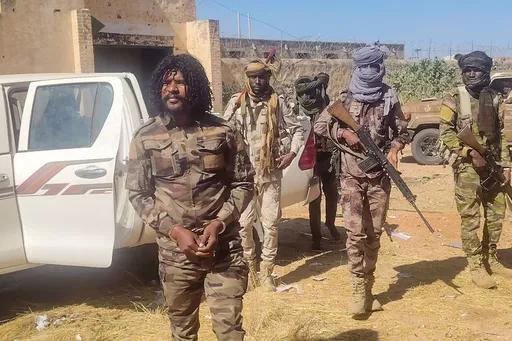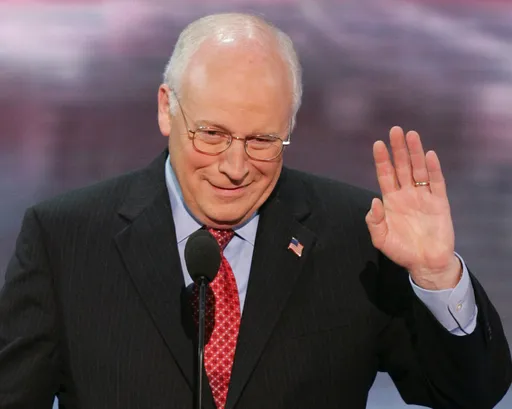Cricketing fans are gearing up for the ICC Champions Trophy, a quadrennial cricket tournament set to take place in February. The event was originally slated to be held entirely in Pakistan, but India's refusal to send its cricket team there for "security" reasons may result in a hybrid arrangement.
The strife is representative of India-Pakistan relations, which remain deeply fractured going into 2025.
Both sides harbour suspicions over the other's role in promoting state-sponsored terrorism, while Islamabad continues to express anger over India's "unilateral claims" in India-administered Kashmir, which is now entering its sixth year.
Compounding tensions is the absence of bilateral dialogue between the two political leaderships. Even multilateral events such as the 2024 Shanghai Cooperation Organization summit in Islamabad, which was attended by Indian Foreign Minister Subramanian Jaishankar, have not yielded any breakthrough for peace.
Amid the apparent lack of political rapprochement or dialogue between the two sides, the United States has suggested turning to "sports diplomacy" to diffuse tensions. Washington said sports is an important avenue to foster people-to-people linkages, and could connect masses on both sides of the border.
But would this work for India and Pakistan? Let's examine the facts
More potential than promise
Both countries are sports-mad nations. Thousands of people tune in whenever their countries compete in international competitions such as hockey. However, in terms of viewership, fan following and mass appeal, cricket remains the most popular sport.
The bat and ball game passed on to generations of Indians and Pakistanis from the British empire in the subcontinent is religiously followed by billions of fans. An India Pakistan fixture in the Cricket World Cup, Champions Trophy or bilateral series also generates billions of dollars in revenue for broadcasting rights and is often complemented with greater public engagement such as fan interactions and hospitality from the host country.
History suggests that when one side tours the other for a tournament, it can bring people closer. That was the case in 2004 when India toured Pakistan for a bilateral cricket series.
Back then, Pakistan was ruled by military dictator Pervez Musharraf, who India accused of being responsible for the Kargil war between the two countries in 1999. Nevertheless, the tour took place five years after Kargil, and was characterised by a large influx of India fans entering Pakistan, with many experiencing heartwarming responses from their Pakistani hosts.
The camaraderie on show has been pointed out by Indian sports journalist Sambit Bal, who speaks of fans painting each other's flags on their faces, cheering for both teams during matches and Indian fans witnessing how Pakistani taxi drivers and the common public extended their hands in friendship, leaving issues such as Kashmir in the backburner.
Media on both sides cover sporting events with great enthusiasm. Coverage helps fuel nationalism and a sense that India-Pakistan fixtures are the mother of all cricketing rivalries.
The 2004 tour also became the catalyst for further visits to India by the Pakistani cricket team and vice versa, with the 2007 tour by Pakistan resulting in similar cultural exchanges, hospitality and people to people contacts.
But sports can only do so much.
Politics and spoilers
When it comes to India-Pakistan relations, there remains a glaring disconnect between community interactions through sports and the official policies of governments.
History is replete with examples of terrorism jeopardising the relationship and political leaders refusing to promote peace regardless of what the public, the players or sports fans think.
Note that the successful 2004 cricket series came after six years of tensions between the two nuclear armed nations due to the Kargil war of 1999 and the 2001 Indian Parliament attack. During this period, cricketing ties were suspended, while political jingoism and rhetoric intensified.

Indian cricket fans pose for photograph in Ahmedabad, India, Saturday, Oct. 23, 2021. (AP Photo/Ajit Solanki)
Even when sporting breakthroughs were achieved in 2004 and 2007, flashpoints such as the Kashmir issue, territorial disputes and allegations of state sponsored terrorism remained unresolved.
Just a year after the 2007 tour, India accused Pakistan's intelligence directorate of being behind a bomb attack on its embassy in Kabul. This deepened the trust deficit further, worsening relations and fuelling hostilities.
Also, while India and Pakistan are mandated to play each other in international tournaments such as the World Cup and the Asia Cup, such games have a limited impact beyond improving diasporic relations as they do not address the political rhetoric or policy making in play between the two countries.
Politicisation of sports diplomacy
Things have gotten worse this year. Rising Hindu nationalism in India and Prime Minister Narendra Modi's efforts to isolate Pakistan internationally has impacted sports diplomacy.
With the 2024 International Cricket Council (ICC)'s multilateral tournament known as the Champions Trophy scheduled to be hosted by Pakistan, the prospect of India touring Pakistan has been met with a hostile response from the Indian government.
After weeks of bickering, India and Pakistan are likely to agree on a "hybrid model" whereby India would play its games in neutral venues, such as Dubai. The model was reportedly agreed after sustained pressure from the BJP government to not allow their players to tour Pakistan.
India alleges unspecified "security concerns" in Pakistan and considers it unsafe.
"They (the Indian cricket board) have said there are security concerns (in Pakistan) and therefore it is unlikely the team will be going there," said a spokesperson for India's Ministry of External Affairs (MEA) late last month.
Again, this demonstrates that ultimately government decisions, not public opinion or the desire of players or fans, determine whether bilateral relations can improve. The deadlock on the political front is persistent heading into 2025, despite the early promise of bouts of sports diplomacy.
In light of this, American calls to promote sporting ties between India and Pakistan to defuse tensions is idealistic. Instead, Washington should urge the political leaderships of both countries to resort to conflict resolution dialogues to address subjects such as Kashmir and terrorism politically.
With New Delhi not allowing the Indian cricket team to tour Pakistan for the Champions Trophy and Pakistan reciprocating with its own defiance, restrictions have been placed on the already limited impact of people-to-people contacts from previous instances of sports diplomacy.
The truth is that sports diplomacy can not undo a legacy of war and partition that lives on in the collective memory of the two nuclear armed rivals.




















